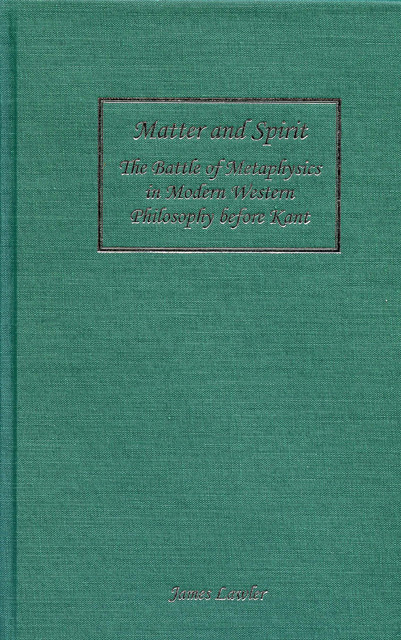10 - I Think: Descartes’ Foundation of Modern Science
Published online by Cambridge University Press: 17 March 2023
Summary
TWO PERSPECTIVES ON THE WORLD
In the first chapters of this book, we focused on the way modern science opens up a revolutionary new vista on the physical universe. An apparently limitless world in time and space replaces the closed, bounded geocentric world of earlier times. One might have thought that such a perspective would have been exhilarating, as if it were a liberation from a small prison. In his play, Galileo, Brecht places such sentiments of liberation in the mouths of fishwives and cobblers. But for some, perhaps, the feeling is more like that of being suddenly ejected from one's home and forced to find one's way in a strange world, or of being compelled abruptly to leave one's village and fend for oneself in an alien megalopolis.
It is this latter feeling that Pascal expresses when he writes: “The eternal silence of these infinite spaces frightens me.” He explains: “It's not from space that I should look for my dignity. I wouldn't have any more if I possessed planets. Because of its space, the universe takes a hold of me, ‘comprehends’ me, and swallows me up as a mere point … “ From such a standpoint, it is no wonder that the merest point appears powerless before the awesome powers of nature. So Pascal writes: “The human being is but a reed, the most feeble thing in nature; but she is a thinking reed. There is no need for the universe to take up arms to crush her: a vapor, a drop of water, suffices to kill her.”
This sense of being overwhelmed by the vastness of the infinite universe nevertheless inspires a compensating reflection on the astonishing capacity of the human mind, which is capable of taking hold of or “comprehending” such vastness. While the spatial universe swallows him up as a mere point, “because of thought, I comprehend it.” Brechtian exhilaration therefore also enters the picture. The peasant is torn from the familiar hearth, but also begins a great adventure. The new city beckons with its endless opportunities for discovery and action. Thanks to the new science of Copernicus and Galileo, the physical person can no longer have illusions about his importance in this larger context of infinite space.
- Type
- Chapter
- Information
- Matter and SpiritThe Battle of Metaphysics in Modern Western Philosophy before Kant, pp. 317 - 335Publisher: Boydell & BrewerPrint publication year: 2006

